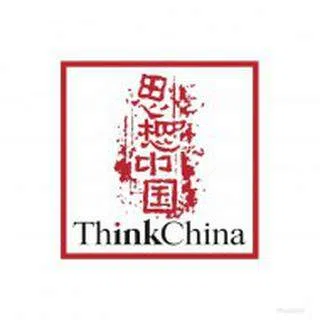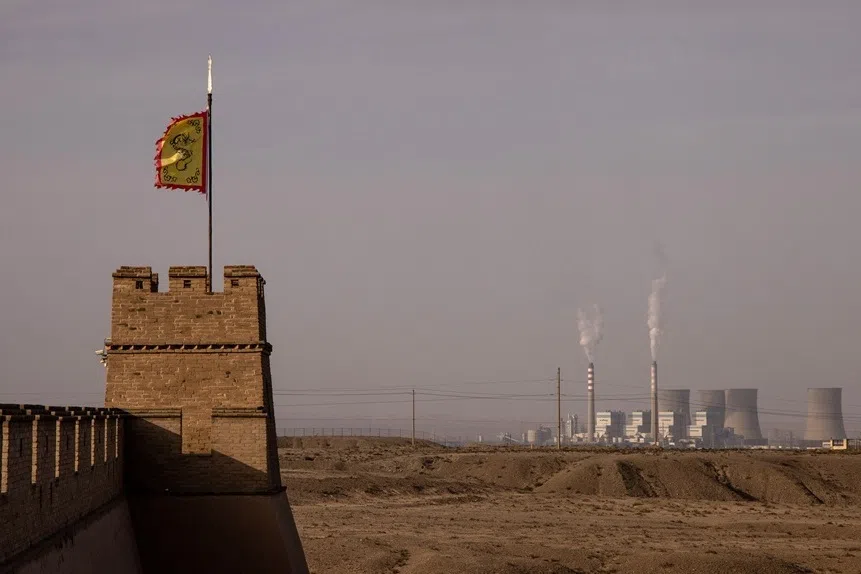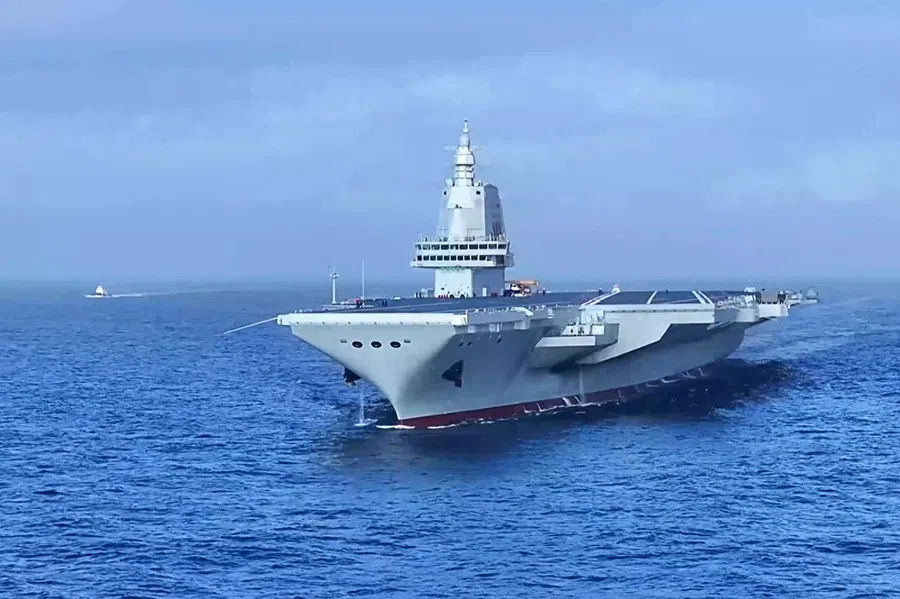Three 'traps' that China could fall for
Researcher Wei Da looks at three lessons that China needs to learn, from the Lushan Conference and breakup of the USSR, to the war in Ukraine. China cannot afford to make the same mistakes of the past and present, if it is to make itself a major power.
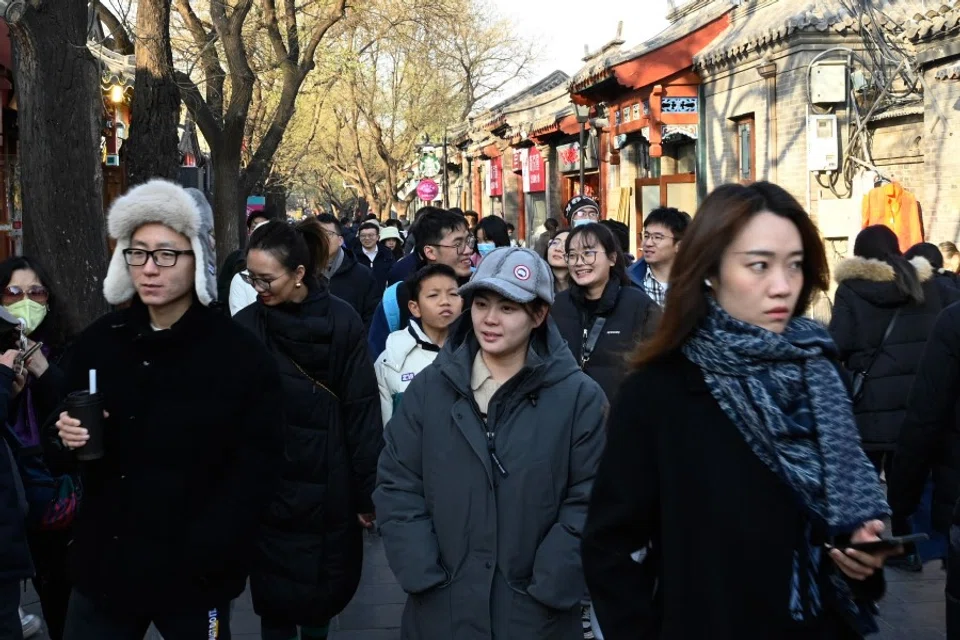
Domestically, China faces the challenge of sustainable development; internationally, it is grappling with the US on multiple fronts, along with a host of thorny geopolitical problems. In terms of current measures and future outlook, I think the key is whether China itself is proceeding on the right track and in the right direction. After all, one who stands upright fears not that their shadow will fall crooked.
There are actually only three possible scenarios - China is, for the most part, moving in the right direction; China is moving in an unclear or confusing direction; or China exhibits incompetence and is lost. The first scenario would be the best, so that everyone is happy. In the second scenario, critical adjustments and corrections must be made promptly, if only to prevent a free fall into the third scenario.
Here, we shall focus on discussing three "vicious circles" or traps that often appear in the second scenario, drawing lessons from history and reality; because if we do not pay attention or guard against the pitfalls of these traps, the situation generally deteriorates and slips into mistakes, failure, and even total collapse.
In its attempt to correct leftist leanings, China fell into a trap that made it veer even further left and became radical, leading to an untenable situation.
Trap of Lushan Conference: going to extremes
The first can be called the Lushan Conference trap, referring to the Chinese Communist Party's (CCP) Lushan Conference in the summer of 1959, where the original intention of the Conference was to make adjustments and corrections in response to the excessive and extreme measures of the "Great Leap Forward" movement.
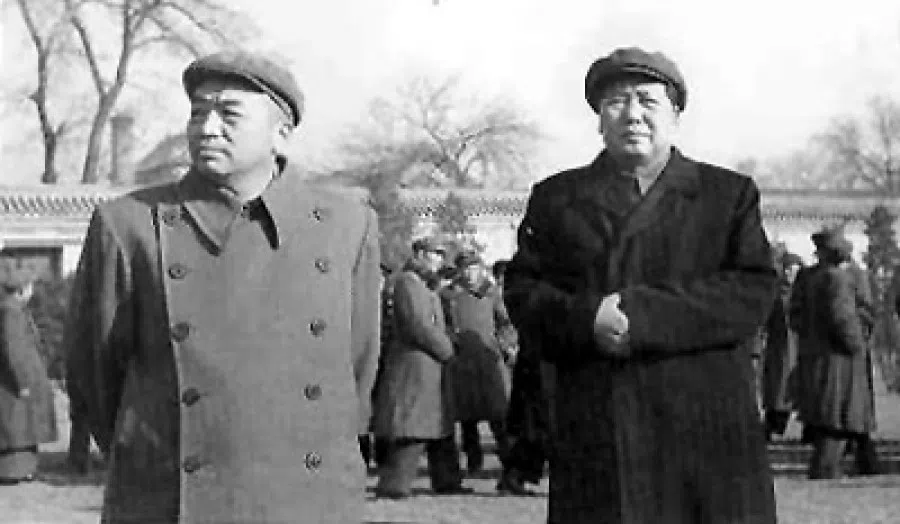
However, towards the end of the meeting, Marshal Peng Dehuai, who was then the Minister of National Defence and a Vice Premier of the State Council, thought that the meeting was insignificant and did not resolve China's serious economic difficulties and the people's suffering at that time. Peng wrote a letter to then CCP leader Mao Zedong expressing his views. However, while the Lushan Conference was intended to correct the leftists, it became an anti-rightist struggle instead, and subsequently led to a total disaster for China's economy and society.
One major pattern is that when the overall policy direction is difficult to change, the usual methods and adjustments at the operational level are often a mere drop in the bucket and hardly effective. In its attempt to correct leftist leanings, China fell into a trap that made it veer even further left and became radical, leading to an untenable situation.
One contrasting example is how in 1978 China resolutely put behind the foolishness of the Cultural Revolution and initiated reform and opening up with a strategic turnaround in its policies. The country could finally emerge from its tortuous troubles and usher in a brighter future.
Trap of Cold War with the USSR: stuck in its system
The second is the trap of the Cold War with the USSR. At the start of the Cold War of 1945 between the US and the Soviet bloc, both sides were on high alert and going after spies at home. The Soviet Union engaged in extreme purges, while the US investigated the "un-American" and pro-Communist elements.
However, the US woke up and corrected itself more quickly, realising that its most powerful weapon against the Soviet bloc was democracy, liberty, the rule of law, and respect for human rights. The USSR, on the other hand, continued to be obsessed with the idea that hostile forces were everywhere abroad, and that there were many "fifth columns" lurking within the country. It grew overly jumpy, continually ramping up control and suppression. This led to the proliferation of totalitarianism and corruption, and in the end, the freedom of its people, the vitality of its economy, the humanity of its culture, as well as its confidence as a country, were all sacrificed.
... the more the USSR sought to strengthen the state-owned planned economic system, the more it would lack competitiveness against the Western economy, which in turn made it even more vulnerable and insecure.

Over time, the development of Soviet society became more and more unsustainable, while the US and the West in general made much progress to secure victory without a fight.
By the late 1980s, Soviet rule was in its endgame. It was not that there were no capable and responsible Russians to turn the tide; rather, these people had switched sides, joining those who were actively working to destroy the Soviet Union, which was what led to the USSR's eventual collapse and disintegration at the end of 1991.
This reveals an important rule: the US and the West gained the upper hand and the victory because the Soviet Union was unable to overcome its inherent limitations, that is, hard-to-reverse thinking, policies and behavioural consequences that are inherent in the ideology and social institutions themselves.
One major inherent limitation was that the USSR's enormous planned economy was monopolistic, bloated, and lacked competitiveness and any mechanism for innovation, making it difficult to find and cultivate talent.
Even so, Stalinist socialism demanded the retention and consolidation of such a backward economic system. The powers that were, believed that failure to do so would spell the end for the party as well as the country. However, this ossified system could not compete with the Western free market economy, leading to the quagmire that the more the USSR sought to strengthen the state-owned planned economic system, the more it would lack competitiveness against the Western economy, which in turn made it even more vulnerable and insecure. The Soviet Union finally broke up and fell because it was unable to free itself from this trap.
Trap of the war in Ukraine: major power fallacy
The third trap is that of the war in Ukraine. At the recent G20 Summit video conference, Russian President Vladimir Putin was once again met with strong calls from the international community for Russia to immediately stop its blatant invasion of Ukraine.
For nearly two years, due to Russia and Putin's absurd justifications, both Russia and Ukraine have suffered greatly. But it will never change the fact that Russia is the invader and Ukraine is rightly resisting the invasion, nor will it alter the truth that Russia's invasion is doomed to fail. The only question now is how Russia will fail and how it will all end.
... the major powers are stuck in a rut and do not know how to proceed - If they do not fight, they lose face; yet if they fight, victory is not assured, support and moral justification goes to the smaller country.

The war in Ukraine proves an ironclad law: "A just cause draws much assistance, while an unjust one finds little."
Russia thought that it was big and fierce and it would be a piece of cake to overpower its little neighbour Ukraine, but not only has it not taken Ukraine, it has also lost the support of the mainstream international community and everyone who believe in justice; it has been denounced, isolated and sanctioned. Since summer this year, Ukraine has entered a new phase of strategic counter-offensive, while Russia is now reduced to relying on weapons supplied by North Korea to sustain the war.
This goes to show that, given the framework of modern civilisation and international order, small countries are not necessarily weak, and even a powerful nation can find it difficult when it runs into a united group. At such times, the major powers are stuck in a rut and do not know how to proceed - If they do not fight, they lose face; yet if they fight, victory is not assured, support and moral justification goes to the smaller country. For instance, the Philippines has recently gained more defence partners in the South China Sea, with the US, Australia, Japan, Britain, Canada, France and Germany all requesting to conduct joint maritime patrols with the Philippines.
Avoiding traps
Some would say: "That's just it. We are out to challenge the existing international order and create a new order!" Alright, then it is simple: please show us the so-called "new order", and let us see whether or not it makes sense, brings benefits and is reasonable.
Walking the old path in new shoes does not count, nor does putting new wine in old bottles work. If the so-called "new order" is nothing more than a rehash of certain old systems wrapped in a new package, it will be very difficult for it to gain any advantage or to succeed.
Bragging does not contribute to a civilisation's allure; it is only through persistent practice that its prestige can be established. The people themselves have the final say over how we should evaluate a civilisation.
It is easy to see that the three traps listed have one thing in common: once caught, one sinks deeper and deeper into an inescapable spiral until one is defeated. It is indeed hard to self-correct and break out of them on a general tactical level. The only choice and egress is to achieve a strategic turnaround and breakthrough.
